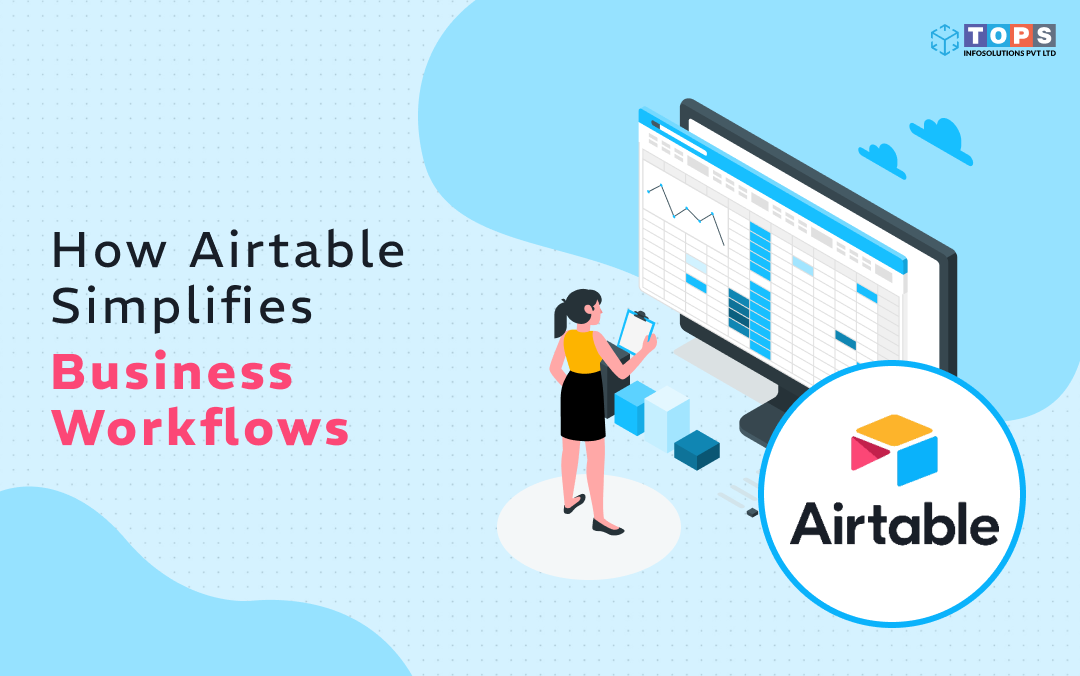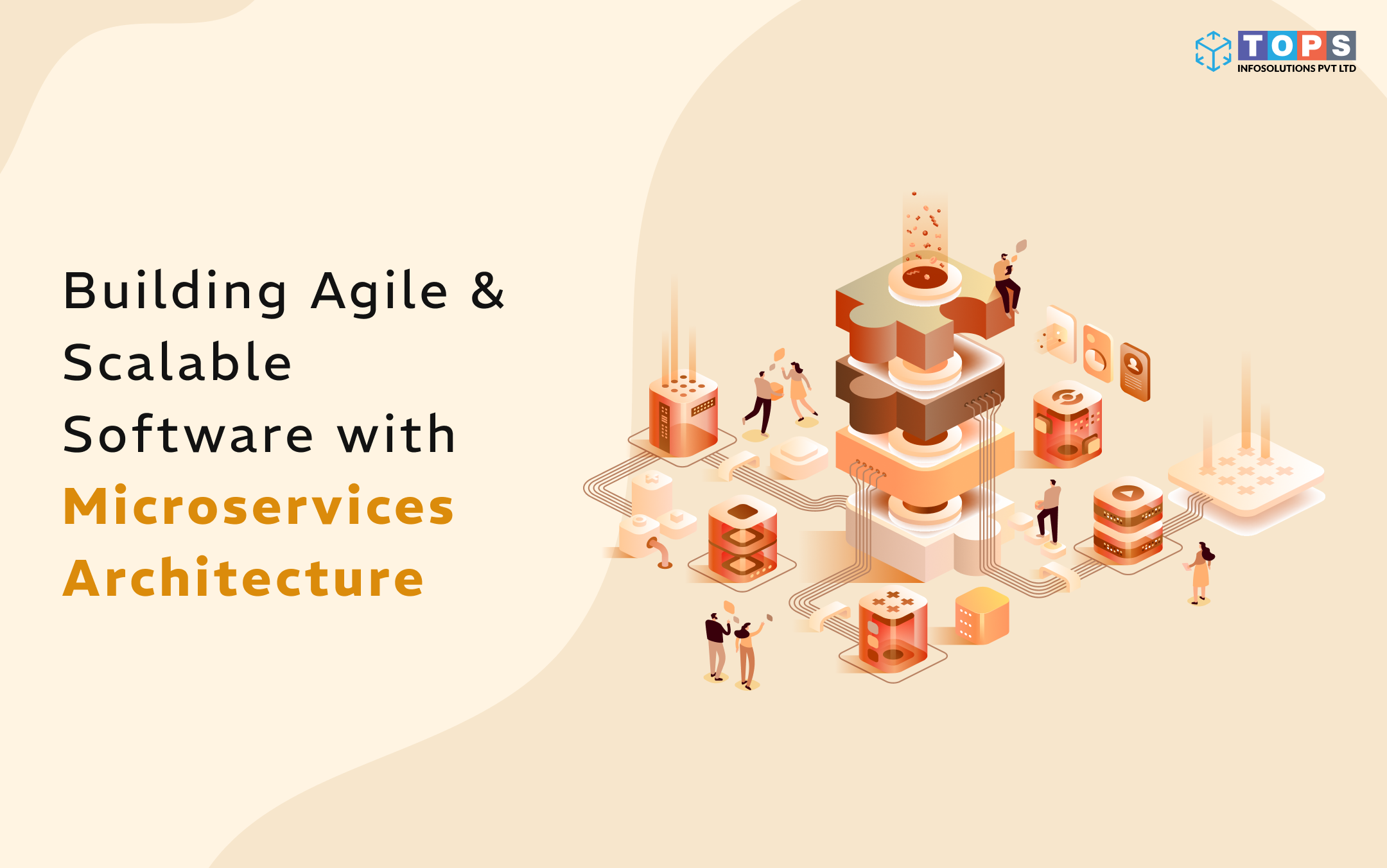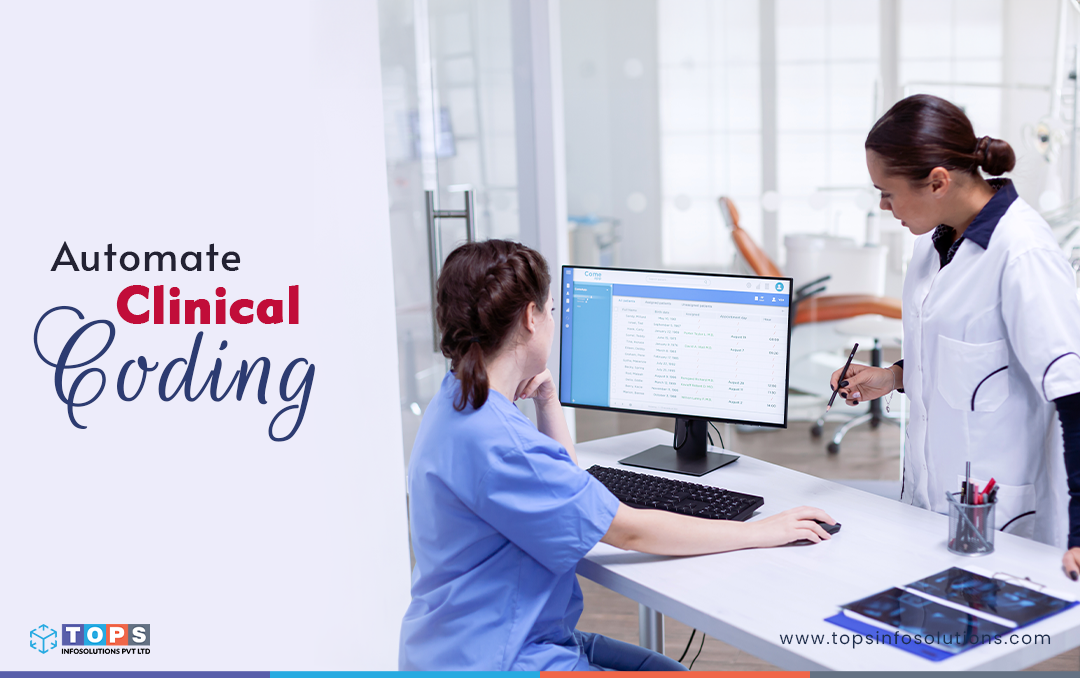RAG as a Service To Improve LLM’s Results With Updated Facts and Authentic Data Sources
Our team effectively incorporates your company-specific proprietary data into a pre-trained LLM, enhancing LLM’s context to give more accurate and personalized responses. Meaningfully, it helps transform your internal documents, emails, databases, and other critical datasets into an interactive chat experience for app users to get contextually related, precise, and instant answers.
Improved Accessibility
RAG helps LLM models use the latest and relevant data, enhancing the quality of responses. This will help your business streamline the workflows by enabling users to instantly retrieve and interact with relevant company data without complicated queries or navigations.
Enhanced Contextualization
As the LLM models are trained on publicly accessible data, we integrate your proprietary data into the LLM model. This helps optimize LLM’s context to understand & respond to queries based on your proprietary data or the latest data from external sources.
Prevents AI Model From Hallucinating
LLMs are typically based on trained databases which are rarely updated. This generates outdated & irrelevant responses, delivering partially or completely false outputs (i.e. hallucinate). RAG integrates your proprietary data into this LLM and helps generate relevant outputs.
Allows Your Model to Cite Authentic Sources
RAG implementation optimizes LLM models to not just get accurate responses from external sources but also mention the data sources to the users. It develops trust and confidence in the topic they want to explore. Citing authentic data sources is also used to prepare research reports and data analytics.
Expand Your Model's Use Cases
A wide range of data in LLM models can help manage diverse sets of prompts. For instance, your model can explain your company’s HR policies. But if you feed more data to LLM, it can generate detailed responses like what are the pet-friendly workspace policies in office. This helps expand the model’s use cases.
Easy Upscaling & Data Updates
Many data sources are updated regularly. Allowing LLM models to integrate such data sources helps deliver real-time reliable outputs. Most importantly, without the need for developers during every data update, the model automatically finds & uses data as it gets updated & added to the sources.
Communicate With Your Documents & Synthesize Accurate Responses
Trained on publicly accessible data, an LLM has no clues about your company’s policies, workflows, or whether your social marketing campaign sees high conversions on Monday and Wednesday. Neither does this LLM know the data you had gathered while developing customer relationships.
With our RAG as a Service, your company can integrate internal data into the LLM model, improving accuracy and context in company-specific AI responses. The best part is that you have complete control of your proprietary data.
Systematic RAG Implementation Into Your App Architecture
Suppose you want to compare the AI strategies of companies like Walmart and Amazon. With the implementation of RAG, you can retrieve data from documents and transform the raw data into structured and contextually accurate answers, making such queries immediately actionable and allowing seamless integration into your business workflows.
- Requirement Identification
- Data Preparation
- Question Interpretation
- Select Retrieval & Generative Models
- Combining Models & Using Vector Databases
- Answer Generation
- Continuous Refinement
Extensive Frameworks & Tools We Use To Implement RAG
- Hugging Face
- OpenAI
- LangChain
- Qdrant
- GPT-4
- GPT-4o
- GPT-4o-mini
- AWS S3
- PostgreSQL
- Docker
- Kubernetes
- Amazon ECS
Hire Developers Who Can Optimize LLM Models For Unique Use Cases
Our team has experience working on two types of RAG models that suit best for all types of business challenges.
Active RAG Model
This type of RAG model is used to retrieve data actively from external sources and integrate it with Gen AI capabilities to create accurate content.
Passive RAG Model
It completely focuses on pre-compiled data sources or predefined databases which proves best for tasks where real-time data retrieval is not required.
Leverage the Potential of Data With RAG as a Service
TOPS has rich experience in helping clients to structure and optimize their data for better use and accessibility. This allows us to deploy your company-specific RAG solutions, bringing the best of innovations and use out of your data.
Our Expertise in RAG as a Service Spans Across Multiple Verticals
- Healthcare
- Logistics
- Retail
- Finance
- Wellness & Fitness
- Education


